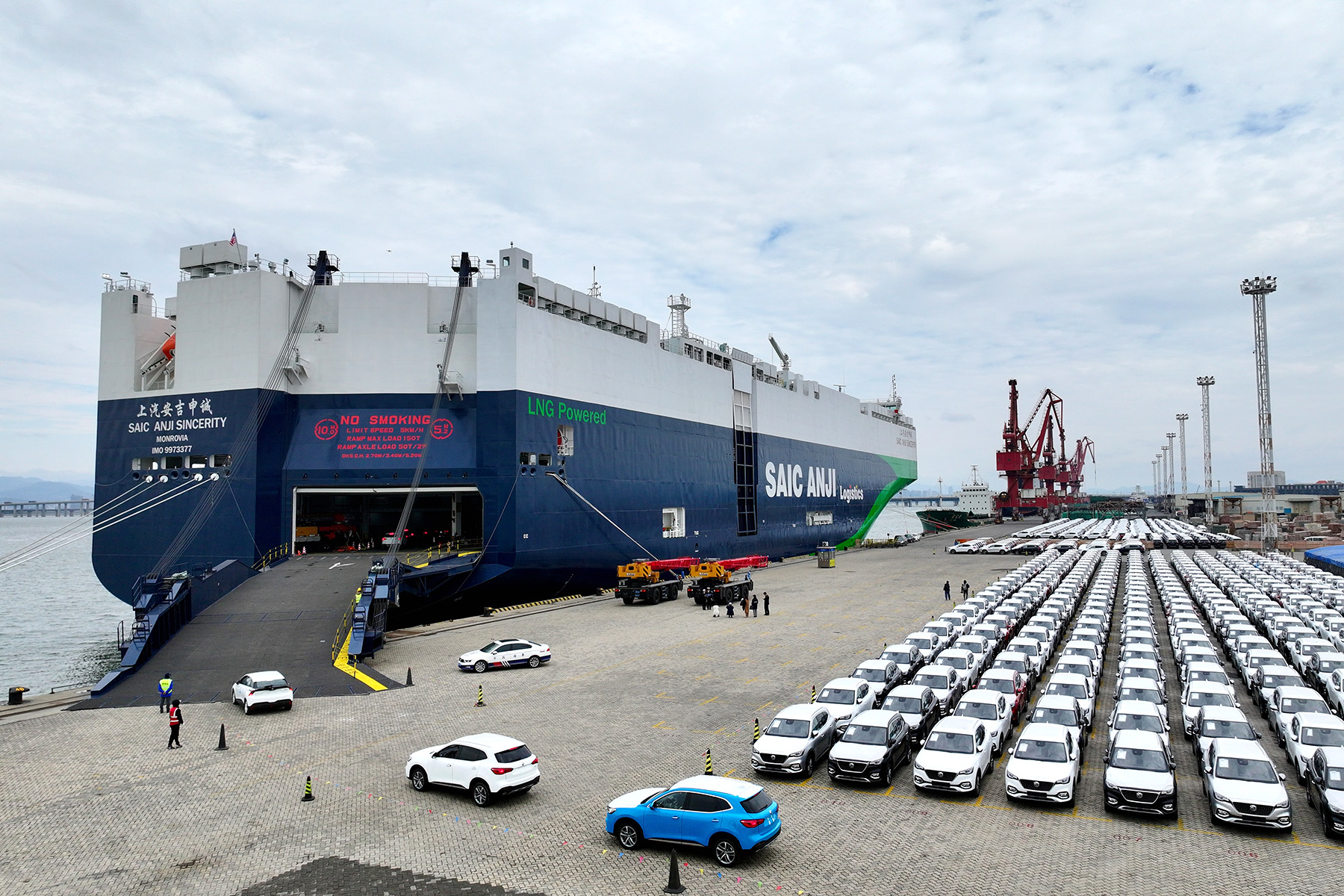
The European Union's protectionist measures against Chinese companies may not only jeopardize bilateral business ties but also prove counterproductive, analysts said on Thursday.
The comments followed their review of Tuesday's news that the European Commission had launched a sudden and unexpected investigation of a Chinese company in the Netherlands and Poland over the so-called subsidies issue.
This is the European authorities' fifth subsidy-related action against Chinese enterprises since February.
READ MORE: Chinese industry body urges fairness in EU electric vehicle probe
Responding to the latest EU move, the head of the Trade Remedy and Investigation Bureau at China's Ministry of Commerce, said the probe disrupts fair market competition and significantly undermines the confidence of all foreign companies operating in Europe, signaling a deterioration in the EU's business environment and sending a starkly negative message to all foreign entities operating in the European market.
China will closely watch any further actions by the European side and take all necessary measures to resolutely protect the legitimate rights and interests of Chinese companies, the official stressed in a statement released late on Wednesday.
The China Chamber of Commerce to the European Union expressed dismay over the EU's raids and called them unjustified. In a statement, the chamber noted Tuesday's raid was carried out without prior notice and lacked substantial evidence.
While suspicions of subsidies could be addressed through reasonable investigative means, the EU's actions suggest an intention to use the Foreign Subsidies Regulation as a tool to suppress Chinese companies operating legally in Europe, said the Chinese chamber.
Carrying out inspections of a foreign company's offices without prior notice or permission is an unexpected move, indicating a considerable degree of questionable interference by European authorities in the operations of Chinese companies, said Cui Hongjian, a professor at the Academy of Regional and Global Governance at Beijing Foreign Studies University.
"If such measures, characterized by coercion and excessive politicization, become frequent, they could negatively impact foreign businesses in the EU market due to the disruption of normal operations," said Shi Zhiqin, a professor at the School of Social Sciences, Tsinghua University, in Beijing.
If China-EU economic and trade relations, however, are anchored in mutual trust and respect, they would benefit both sides, besides helping inject more positive energy into the global economy that is currently facing a threat of recession, he said.
Meanwhile, German industrial conglomerate Bosch Group said it remains committed to China despite uncertainties as the group is impressed by the country's latest commitment to high-standard opening-up and high-quality economic development.
ALSO READ: Chinese business group 'shocked, dissatisfied' over EU raids on Chinese company
Bosch China saw sustainable growth in 2023, with sales revenue up 5.2 percent to 139 billion yuan ($19.18 billion), according to its annual financial report.
"China stands as a substantial consumption market and a key innovation hub. Our consistent sales growth lays a solid foundation for deepening local innovation and presence," said Xu Daquan, president of Bosch China.
For the next step, Bosch will focus on growth fields like new energy vehicles, smart mobility, hydrogen, software and artificial intelligence in China to maintain robust growth, Xu said.
Among all its divisions, Bosch Mobility emerged as the key driver of the group's operations in China in 2023, with sales revenue up 8.2 percent to a record 112.1 billion yuan.


